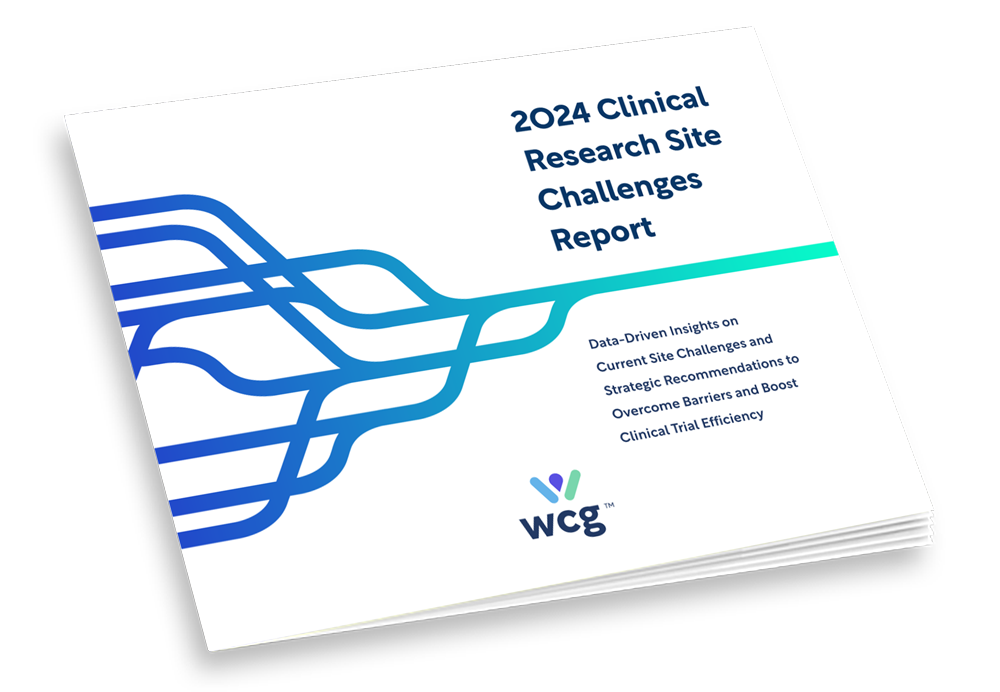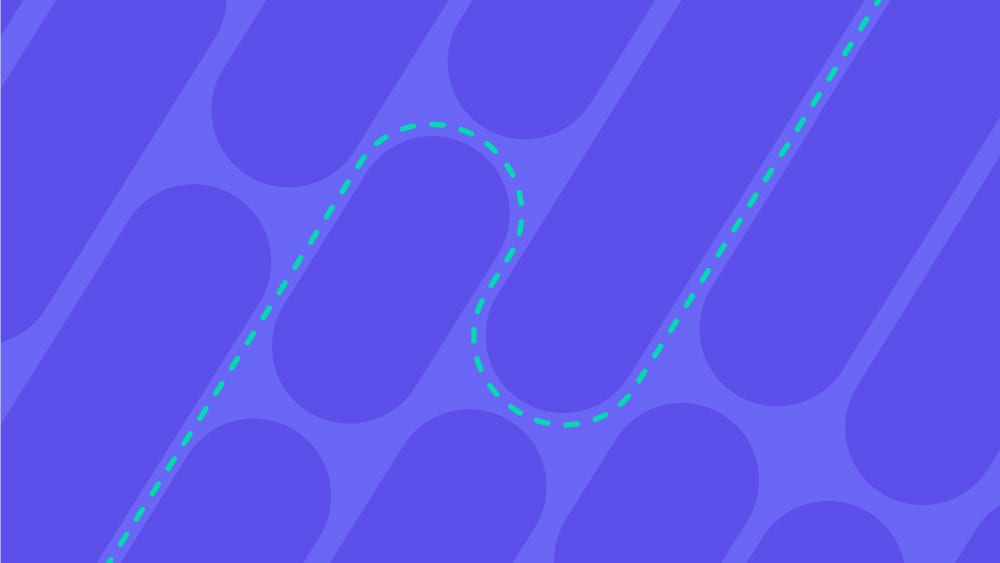Insights
Explore actionable insights on the clinical research industry from WCG experts and our data intelligence platform.
Explore Insights by topic:
Clinical Trial Operations
Diversity & Inclusion
Clinical Endpoints
Regulatory Compliance
Participant Recruitment
Site Efficiency
Webinar Series
The Future of Clinical Research Sites
Latest Insights

Pioneering Ethical Oversight in AI-Enabled Clinical Research: Insights on the New Framework
Blog Posts
Series: WCG Talks Trials
Future-Ready Research: Optimizing Sites for Continued Success
Podcasts
Series: WCG Talks Trials
Harnessing Generative AI in Clinical Research
Podcasts
Overcoming Study Start-up Delays: Best Practices for Research Sites
Blog Posts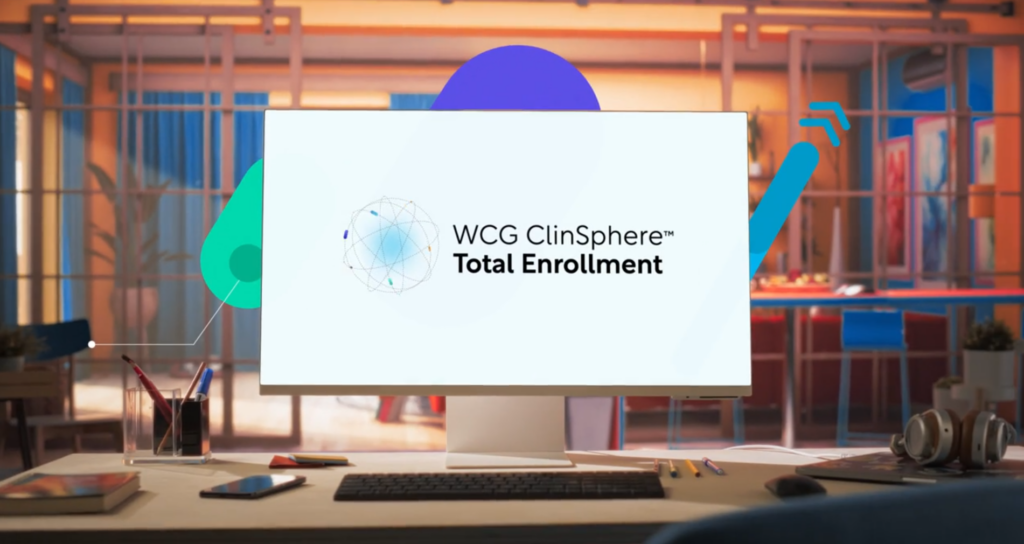
Unlocking Faster, More Reliable Clinical Trial Enrollment
Videos
Series: Ask the IRB & IBC Experts
What Is the Accelerated Approval Pathway? Understanding the Latest FDA Guidance
Blog Posts
Review of the FDA Draft Guidance: Considerations for Including Tissue Biopsies in Clinical Trials
Blog Posts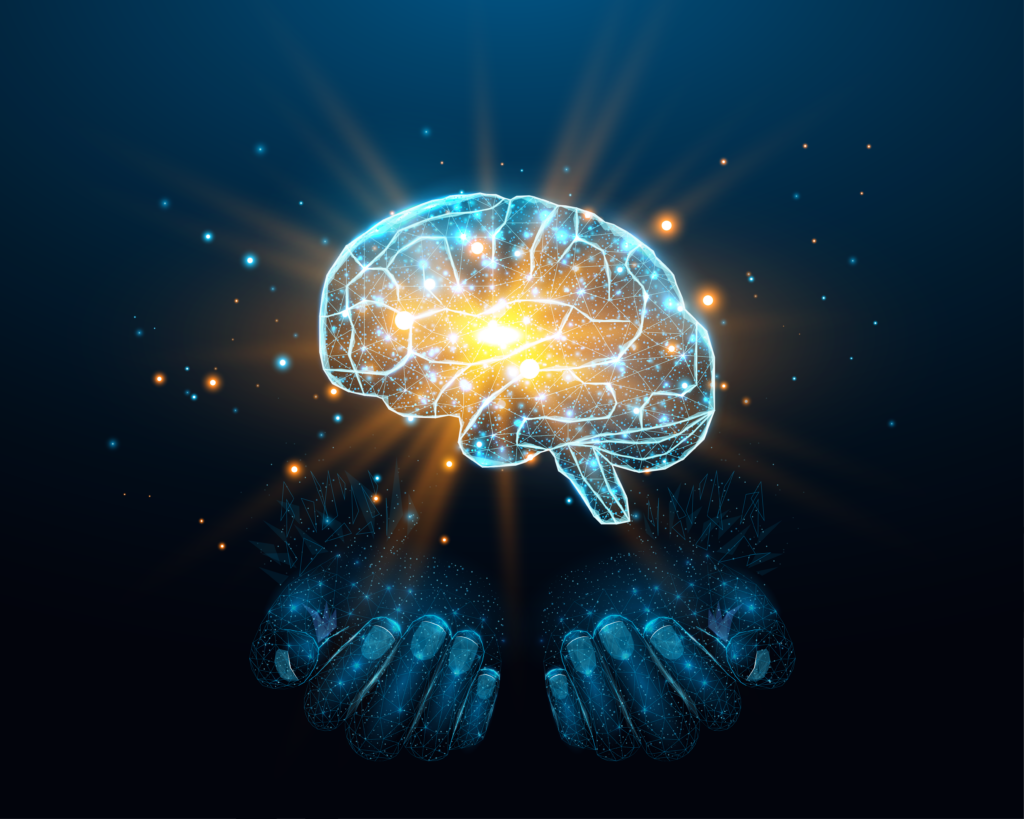
Artificial Intelligence and Machine Learning in Clinical Trials
Advancing Clinical Trials with AI
Blog Posts
Accelerating Study Activation: Breaking Down Silos for Start-up Success
Videos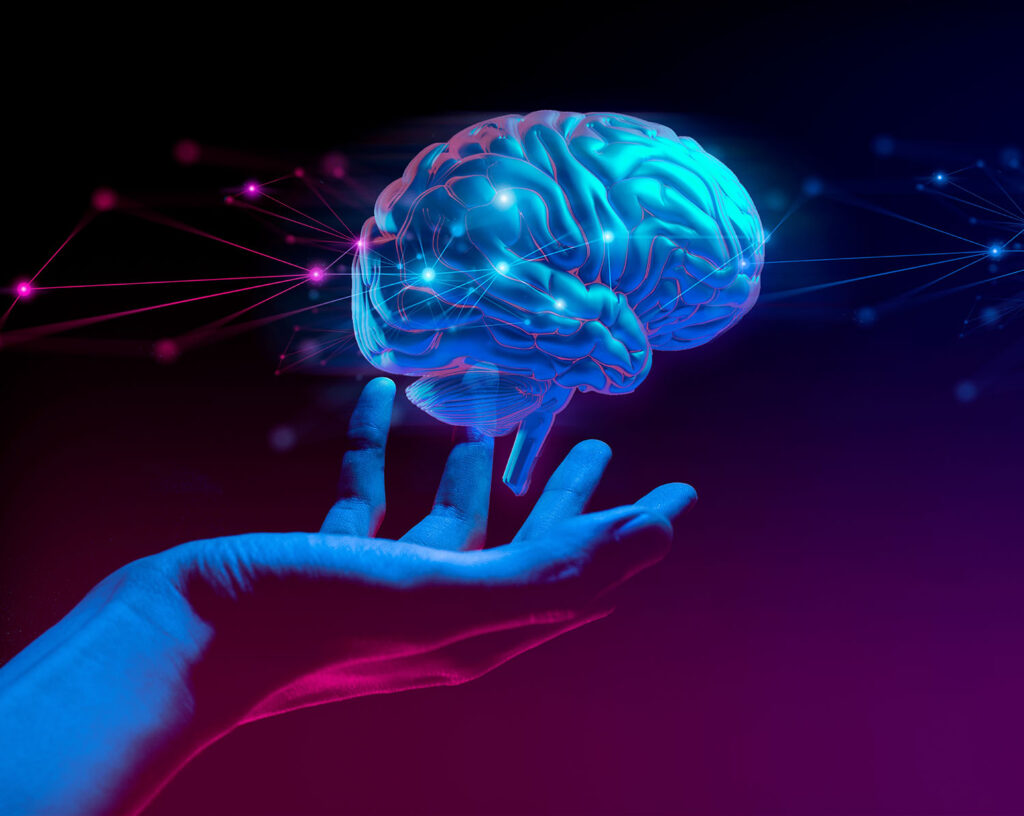
Artificial Intelligence and Machine Learning in Clinical Trials

